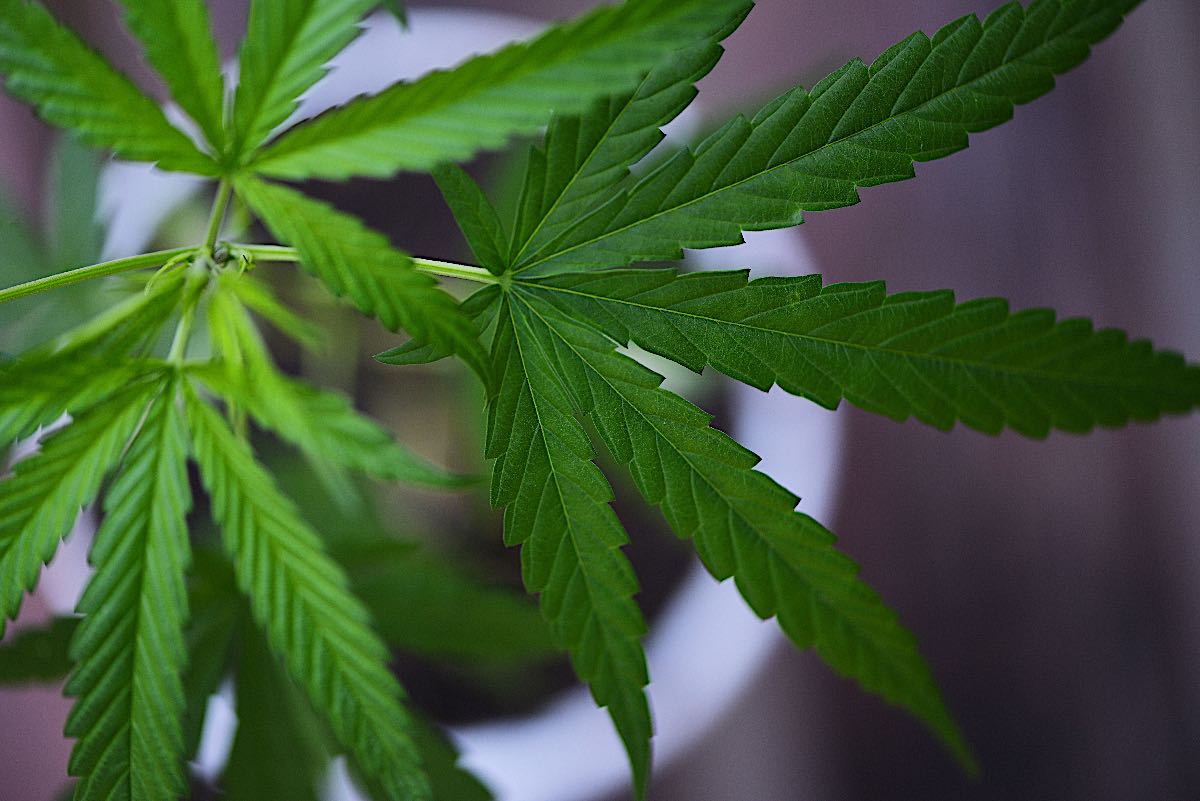
Legalization Legacy: Survey Reveals 8% of Employers in Canada Have Experienced a Marijuana-Related Incident in the Workplace
The good news for employers is that, contrary to what some folks warned, the legalization of recreational marijuana in Canada on October 21, 2018 has not unleashed a zombie workforce that is relentlessly in pursuit of pizza, Pink Floyd, and shiny objects. However, this doesn’t mean the transition has been altogether comfortable (or if you wish, comfortably numb).
A newly-released survey [PDF] by the Canadian Federation of Independent Business (CFIB) has revealed that 22 percent of employers in Canada with a workforce of 100-499 employees have experienced a marijuana-related incident in the workplace. For employers with a workforce of 50-99 and 24-49 employees the incident rate is 11%, respectively, and for employers with a workforce of 5-19 and 1-4 employees the incident rate is 7% and 6%. Overall, 8% of the 5710 employers surveyed experienced at least one marijuana-related incident in the workplace, with 270 respondents — most of them small businesses with less than 20 employees — claiming that they don’t know whether they have or haven’t.
Other key findings of the survey include:
- Employers in the hospitality sector were the most likely to report a marijuana-related incident in the workplace (16 percent).
- 34% of employers do not have a drug or alcohol policy in place.
- 48% of employers do not have a primary source of information regarding marijuana use in the workplace.
- 50% of employers rank their respective provincial government as poor or very poor when it comes to providing education on marijuana in the workplace.
To help employers minimize both the frequency and severity of marijuana-related incidents, and to keep all employees safe — regardless of whether they think weeds should be treated with herbicide or with Doritos — here are seven key facts:
- There is a categorical distinction between medical use of marijuana in the workplace, and non-medical use of marijuana in the workplace.
- Contrary to what some employees believe, employers have the legal right to set rules for non-medical use of marijuana in the workplace, similar to those in effect for consuming alcohol in the workplace.
- Employers are legally obligated to accommodate disabled employees who use medical marijuana, similar to any other employee who has a medical drug prescription.
- If there are questions or concerns about an employee’s fitness for certain tasks and for guidance on appropriate accommodation, employers have the legal right to request medical information from that employee’s doctor, and to seek the input of a qualified independent medical examiner.
- Employers have the legal right to impose policies that forbid employees who use marijuana, either through prescription or recreationally (or both), from being impaired at work, compromising their or anyone else’s safety, and unexcused absences or late arrivals.
- Smoking marijuana, through a prescription or (if allowed by policy) recreationally, must only take place in designated smoking areas.
- Employers that wish to implement drug testing are strongly advised to seek the advice of a qualified consultant, to ensure that their actions and communications are in full compliance with prevailing human rights legislation and privacy rights. Employers in unionized environments must also ensure that they are in full compliance with the prevailing CBA.
- Employers must demonstrate progressive discipline when dealing with employees who breach rules governing medical or non-medical use of marijuana (more on this below).
Beware of Firing First and Asking Questions Later
The importance of complying with this last point was highlighted in University of Windsor v Canadian Union of Public Employees, Local 1001, which focused on whether the University of Windsor violated the rights of two custodians by terminating them after they were found smoking marijuana on campus grounds. Although the arbitrator in this case ultimately ruled that the university did not break the rules, he nevertheless warned that as general principle employers must demonstrate progressive discipline unless certain exceptional conditions are met, such as:
- Whether the employee is possessing and consuming an illegal substance in the workplace, including the external grounds.
- The safety-sensitive nature of the employee’s position (i.e. does the employee work at a desk or are they driving a forklift, etc.).
- Whether the employee has access to locked or secure areas of the workplace.
- If the employee works in close proximity to vulnerable individuals or groups (e.g. students).
- Whether or not the employee was forthcoming when confronted about the allegations, or if they lied and later recanted.
- Whether the employer’s loss of trust in the employee makes continued employment untenable.
(For the case in question, the arbitrator found that all but the second box was checked, which is why the termination was allowed to stand.)
Learn More
To learn more, contact the PIVOTAL team today. We will analyze your policies and practices concerning marijuana use in the workplace, and ensure that you are prepared to identify, manage and resolve incidents when — not if — they occur. In other words, instead of being another brick in the wall, your organization will shine on, you crazy diamond.


 Our HR solutions experts can recommend the right mix of HR outsourced services to make your entry into Canada easier.
Our HR solutions experts can recommend the right mix of HR outsourced services to make your entry into Canada easier.  Pivotal Employment Management Services co-hires your workforce, simplifying entry of your business in Canada.
Pivotal Employment Management Services co-hires your workforce, simplifying entry of your business in Canada. 
















7 Signs Your Employees May Be About To Quit